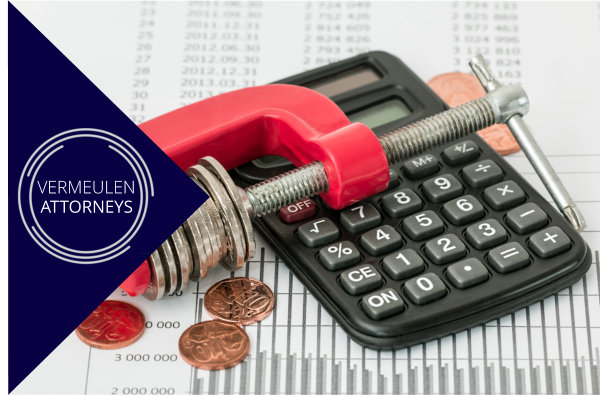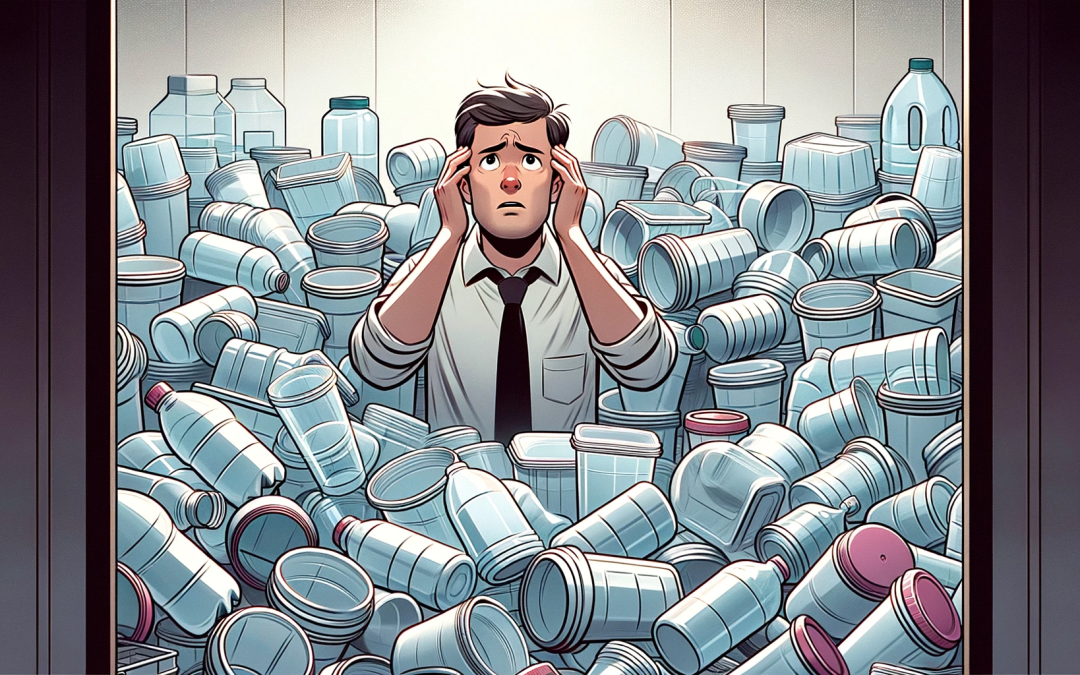During the Covid-19 pandemic, many people were forced to grant their debtors, payment holidays. Times have subsequently not necessarily improved and people now need to look at recovering the debt owed to them. Some employees still have not returned to work and some might never. Where does this leave you? It is time to look at the options you have.
Get a contract in place.
When you granted the payment holiday, was the agreement verbal or in writing? Verbal agreements can turn into a ‘he said, she said’ dispute and just delay the payment process. Get your debtors to sign an Acknowledgement of Debt! This document will ensure that there are rules and deadlines in place to protect yourself from debtors who might just be taking advantage of the opportunity given to them during this crisis.
Get proof.
Ask for a copy of their bank statement to prove that they are not receiving an income or do not currently have money to pay you. You can request this when sending the Acknowledgement of Debt. This will make the ‘requesting proof’ part less awkward and evasive, especially if you want to maintain the relationship between you and your debtor.
Be realistic.
If your debtor has not returned to work or still is not receiving an income, they probably won’t be able to pay you until things improve financially for them. However, where do you draw the line? Be realistic in your payment terms. For example, interest can be charged monthly if this has been agreed upon between you and your debtor by signing a contract.
Draw the line.
If your debtor has had a payment holiday for more than 3 months or even just long enough that it is no longer feasible, it is time to start looking at your options. You must do what is best for you and your finances. We are all feeling the pinch financially and we might not all be in the same boat, but we are fighting to keep our heads above water. Draw the line. Speak to a professional about your options in terms of what your contract makes provision for.
Get legal assistance.
Getting legal assistance does not necessarily mean you are taking legal action. It could even just be advice on how to deal with your debtors in these uncertain times. If you feel that you cannot sponsor your debtor’s circumstances anymore, and they have no means of paying you any time soon, get the advice you need from your legal team. The interest and invoices are going to keep piling up with no relief in sight. Do not drown yourself financially to save everyone else. Get advice and be proactive about your finances. Get a professional to speak to your debtors and let them deal with the dirty work. Having a middleman to play the bad cop is not a bad idea at all and it takes the pressure off you.
In conclusion, make sure you are also covered legally when it comes to debt, whether it be your own or that of your debtor. Speak to a professional, get advice, be proactive and do not let debt ruin you or your business. You have come too far to only get this far!













